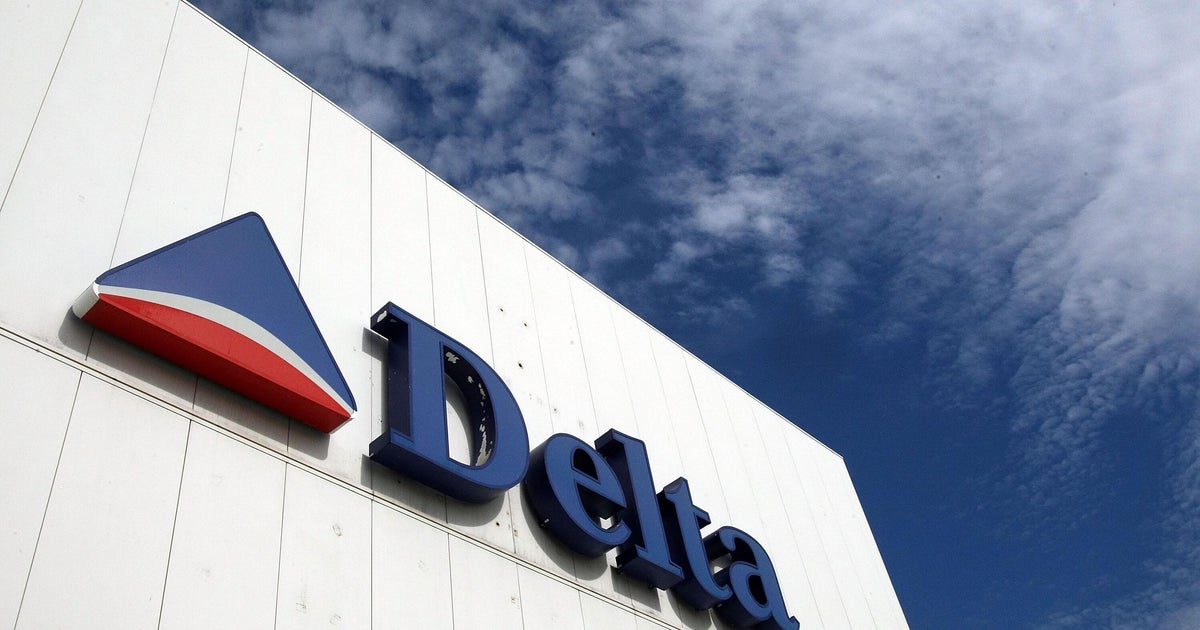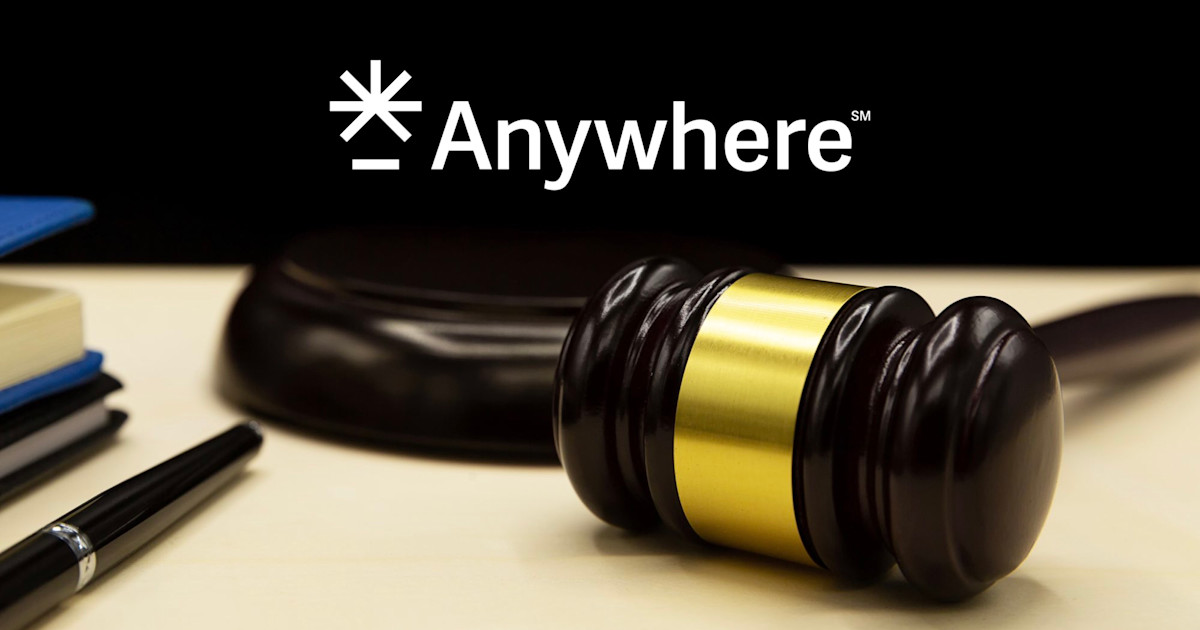L
egendary fund manager Li Lu once said, "The biggest investment risk is not the volatility of prices, but whether you will suffer a permanent loss of capital." When evaluating a company's risk level, debt usage is a crucial factor to consider, as excessive debt can lead to financial ruin. Anywhere Real Estate Inc. (NYSE:HOUS) uses debt, but does this pose a concern for shareholders?
Debt becomes risky when a business cannot easily meet its obligations with free cash flow or by raising capital at an attractive price. If things go badly, lenders may take control of the company, or it may have to raise new equity capital at a low price, diluting shareholders. However, many companies use debt to fund growth without negative consequences.
When assessing a company's debt usage, we first examine its cash and debt levels together. Anywhere Real Estate had $2.81 billion in debt as of June 2024, down from $3.04 billion over the previous year. Its net debt is $2.68 billion after considering $128 million in cash.
The company has liabilities of $1.50 billion due within 12 months and $2.73 billion due beyond that period. In contrast, it has $128 million in cash and $364 million worth of receivables due within a year. This means its liabilities outweigh its cash and near-term receivables by $3.74 billion.
We believe shareholders should closely monitor this situation, as Anywhere Real Estate would likely require significant re-capitalization if it had to pay its creditors today. To gauge the company's debt relative to earnings, we calculate its net debt divided by EBITDA and interest cover. Weak interest cover of 0.24 times and a high net debt to EBITDA ratio of 11.4 raise concerns about Anywhere Real Estate's debt load.
Furthermore, the company's EBIT was down 35% over the last year, making it challenging for it to pay off its debt in the long term. While the balance sheet provides valuable insights into a company's debt situation, future profitability will ultimately decide if Anywhere Real Estate can strengthen its balance sheet over time.
We also examine whether the company's EBIT leads to corresponding free cash flow. Over the last three years, Anywhere Real Estate recorded free cash flow of 34% of its EBIT, which is weaker than expected. This weak cash conversion makes it more difficult for the company to handle its indebtedness.
Considering these factors, we believe Anywhere Real Estate carries too much debt, making the stock rather risky. However, some investors may feel differently. The balance sheet is a crucial area to focus on when analyzing debt, but every company can contain risks outside of the balance sheet.














